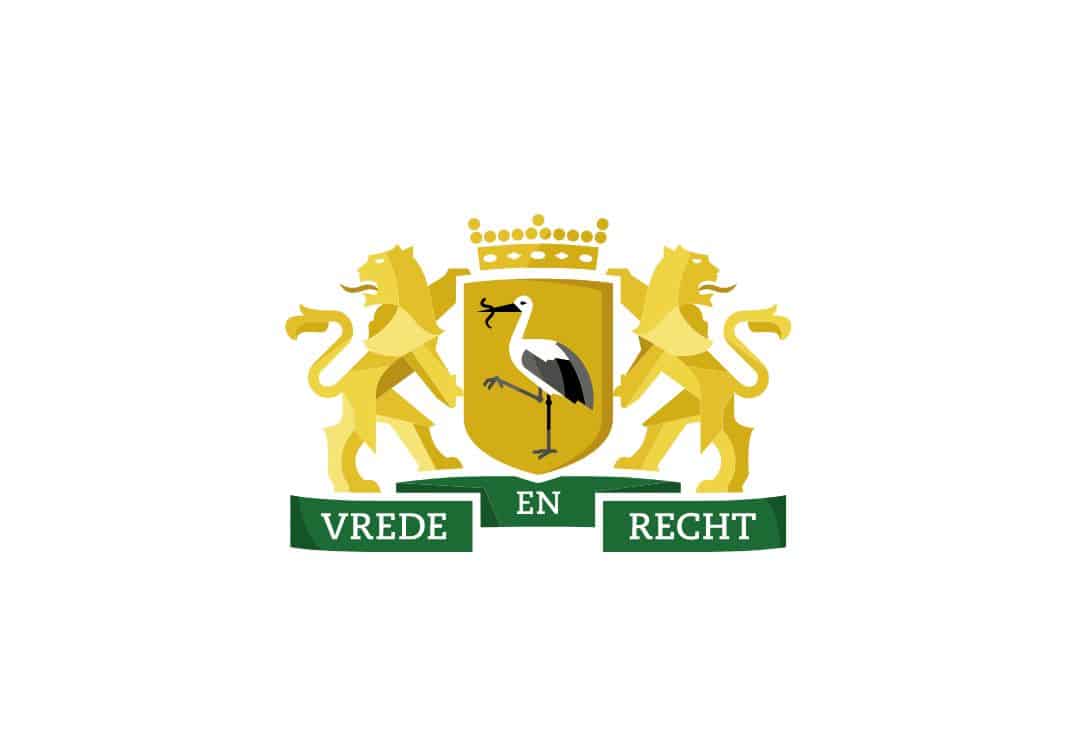The Hague is a city of international importance with many faces, home to many different cultures. Once little more than a country house near a pond, The Hague has developed into a city of international character and importance, a never-ending story: a little bit of history is added every day.
The Hague is the third largest city of the Netherlands with a population of over 500,000. The Hague has traditionally been a city of storks, thus the stork on the coat of arms and as the logo of the municipality. In the Middle Ages they were domesticated to remove fish remains at the fish market and nested on the buildings around the Binnenhof and in the area of the Groenmarkt and were seen as bringers of luck and prosperity. In 1456 the Thirty Knights of the Mighty Order of the Gulden Vlies (Golden Fleece) came to The Hague for their first meeting in full armour, some on horseback and many on foot. The Knights had their meeting in the Hall of Knights, or Ridderzaal, and at the Grote Kerk (Big Church) where you can still see remnants of their weaponry. The greenery in The Hague has always been protected. In the early Middle Ages by the Counts of Holland and, from the 14th century onwards, by forest wardens and citizens alike. They were supported by the 1576 Act of Redemption, a law banning the felling or selling of trees.
As home to the International Court of Justice, The Hague is the only city outside of New York with a UN main body and is a homebase to nearly every international organisation in the field of peaceful administration. In 1998 former UN Secretary-General Boutros Boutros-Ghali, described The Hague as ‘the legal capital of the world’. With important international organisations like Europol and Eurojust, The Hague is also a European city. In 1948 the former British Prime Minister Sir Winston Churchill spoke in The Hague about European unity, ‘It is indeed fitting that this first Congress of Europe should meet in Holland which, with her neighbours in the Benelux group, is already leading the way by her example…’ At the time The New York Times observed, ‘We are witnessing today in The Hague a phenomenon of the greatest importance: we are witnessing the renewal of the European spirit.’


